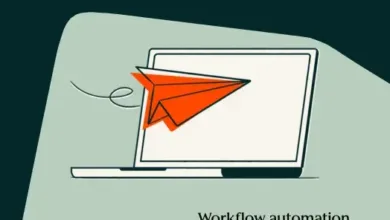Master the Fast-Changing World of Business Travel

▼ Summary
– The Covid-19 pandemic initially led to predictions that business travel would decline permanently due to digital tools like Zoom and Slack.
– Sara Nelson correctly predicted that increased virtual connectivity would fuel demand for in-person travel, as people naturally want to be together.
– Global business travel spending rebounded post-pandemic, surpassing pre-2020 levels and reaching $1.5 trillion in 2024.
– Airlines are competing with luxury lounges and business-class amenities, while millennials drive “bleisure” travel blending work and leisure.
– Technological advancements, like reliable Wi-Fi and AI-driven tools, are transforming business travel by improving convenience and automation.
The business travel industry has made a remarkable comeback, proving that face-to-face connections remain invaluable despite the rise of digital alternatives. While the pandemic initially seemed poised to permanently reduce corporate trips, the opposite has happened, demand has surged beyond pre-2020 levels. Experts now recognize that virtual meetings, while convenient, can’t fully replace the trust and collaboration built through in-person interactions.
Global business travel spending hit an estimated $1.5 trillion in 2023, driven by companies eager to rebuild relationships and close deals offline. Airlines and hotels have responded by elevating the experience, with premium lounges, enhanced in-flight privacy, and personalized services becoming standard offerings. Meanwhile, a growing trend of “bleisure” travel, blending business with leisure, has taken hold, particularly among younger professionals who prioritize work-life balance.
Technology continues to reshape the landscape, making business trips smoother than ever. Reliable in-flight Wi-Fi has transformed cabins into mobile offices, while AI-powered tools streamline everything from customer service to expense reporting. Soon, artificial intelligence may even handle entire itineraries, adjusting plans in real time based on traveler preferences.
For frequent flyers, optimizing every aspect of the journey is key. Smart packing, loyalty program strategies, and expense management can turn stressful trips into seamless experiences. Whether it’s choosing the right luggage or maximizing hotel rewards, small adjustments make a big difference.
Despite rapid changes, one truth remains: Business travel isn’t disappearing, it’s evolving. Those who adapt to new trends while leveraging technology will stay ahead, ensuring every trip delivers both professional value and personal satisfaction. The future of corporate travel isn’t just about getting from point A to point B, it’s about making the journey as productive and enjoyable as possible.
(Source: wired)





